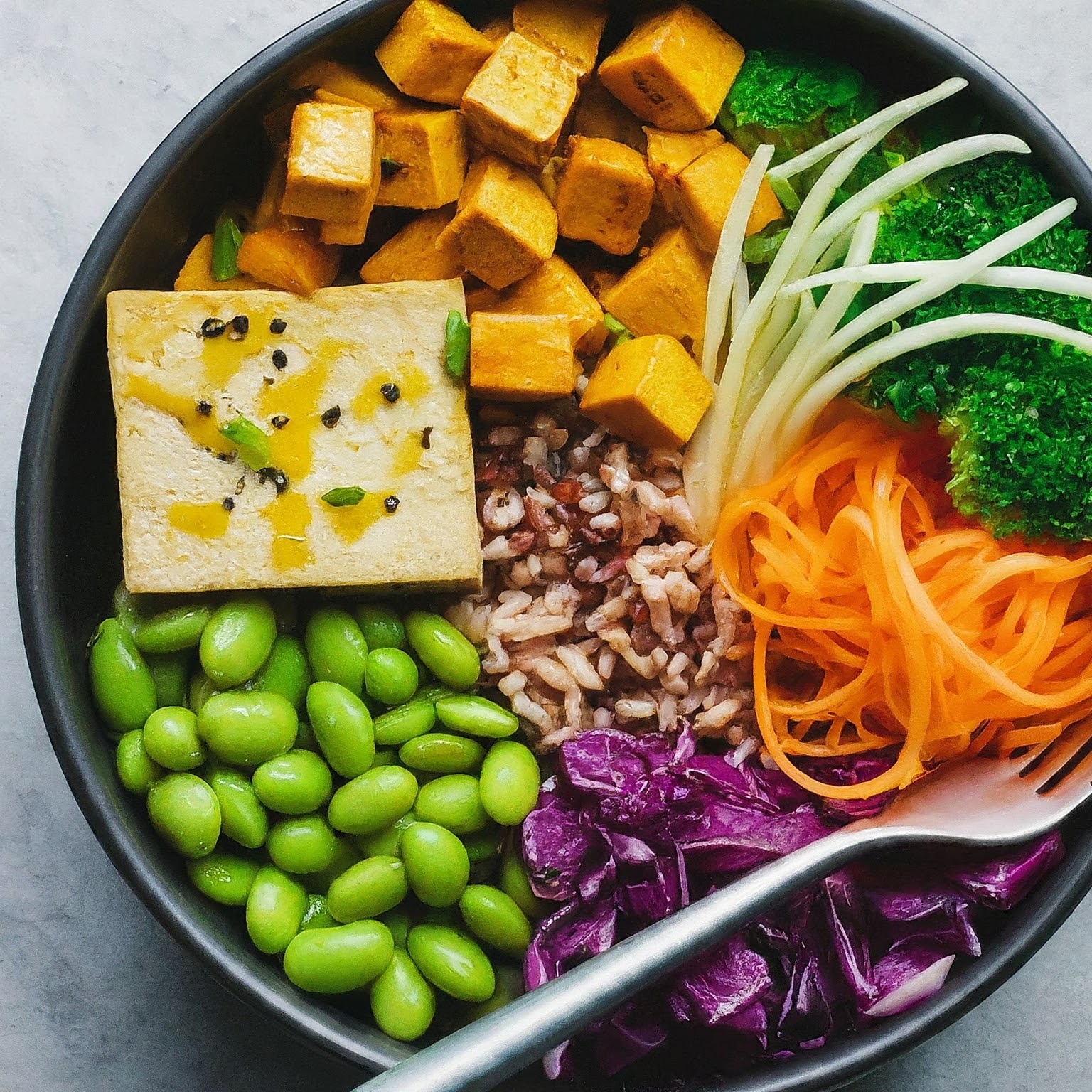- 3 July 2024
- 531
Top 8 Diets for Optimal Health 40 and Beyond

8 Top Diets to Follow at 40 for Good Physical, Mental Health at 70
As we age, our bodies and minds undergo significant changes. The foods we eat play a crucial role in maintaining our health and well-being, especially as we approach the age of 40. By following a nutritious diet tailored to the specific needs of individuals in their 40s, we can lay the foundation for a healthy and fulfilling life in our later years.
Understanding the Dietary Needs of Individuals at 40
At 40, our bodies experience a decline in metabolism, making it more challenging to maintain a healthy weight. Additionally, hormonal changes can lead to increased body fat storage and a decreased ability to build muscle. Our digestive system also becomes less efficient, making it essential to choose nutrient-rich foods that are easily digestible.
Cognitively, individuals at 40 may experience a slight decline in memory and attention span. A diet rich in brain-boosting nutrients can help maintain cognitive function and reduce the risk of age-related cognitive decline.
8 Top Diets for Optimal Health at 40 and Beyond
- Mediterranean Diet: Emphasizing fruits, vegetables, whole grains, lean protein, and healthy fats, the Mediterranean diet is renowned for its heart-healthy benefits. It helps maintain a healthy weight, reduces inflammation, and supports brain health.
- DASH Diet: Designed to lower blood pressure, the DASH (Dietary Approaches to Stop Hypertension) Diet focuses on fruits, vegetables, whole grains, lean protein, and low-fat dairy products. It is also rich in potassium, calcium, and magnesium, essential for heart health.
- Plant-Based Diet: A plant-based diet emphasizes whole, unprocessed plant foods such as fruits, vegetables, legumes, and whole grains. It is high in fiber, antioxidants, and phytochemicals that support overall health and reduce the risk of chronic diseases.
- Flexitarian Diet: A semi-vegetarian diet, the flexitarian diet allows for occasional consumption of meat while primarily focusing on plant-based foods. It provides the benefits of a plant-based diet while allowing flexibility to include animal products.
- Paleo Diet: Based on the premise that humans should eat foods similar to those consumed by our Paleolithic ancestors, the Paleo diet emphasizes lean meats, fish, fruits, vegetables, nuts, and seeds. It excludes processed foods, grains, and dairy products.
- Intermittent Fasting: Involving alternating periods of eating and fasting, intermittent fasting can help with weight management, reduce inflammation, and improve insulin sensitivity. Various methods of intermittent fasting exist, including the 16/8 method (fasting for 16 hours and eating within an 8-hour window).
- Ketogenic Diet: A high-fat, very low-carbohydrate diet, the ketogenic diet forces the body into ketosis, a metabolic state in which fats are used for energy instead of carbohydrates. It can aid in weight loss, improve blood sugar control, and reduce inflammation.
- Mindful Eating: More than a specific diet, mindful eating emphasizes paying attention to the present moment while eating. It involves eating slowly, without distractions, and savoring each bite. Mindful eating promotes healthy eating habits, reduces stress, and improves digestion.

Personalized Dietary Recommendations
While these diets provide general guidelines, it is essential to consult with a healthcare professional or registered dietitian to determine the most suitable diet based on individual needs, health conditions, and preferences. They can help develop a personalized plan that meets specific nutritional requirements.
Meal Planning for Optimal Nutrition
Meal planning is crucial for following any diet effectively. Here are some tips for creating nutritious and balanced meals:
- Include a variety of foods: Choose foods from all food groups to ensure a wide range of nutrients.
- Focus on whole, unprocessed foods: Opt for fruits, vegetables, whole grains, and lean protein sources.
- Limit processed foods, sugary drinks, and unhealthy fats: These foods provide empty calories and can contribute to chronic diseases.
- Pay attention to portion sizes: Use measuring cups and spoons to ensure appropriate serving sizes.
- Hydrate adequately: Drink plenty of water throughout the day to support overall health and well-being.
Beyond Diet: Lifestyle Factors for Optimal Health
In addition to a nutritious diet, maintaining good physical and mental health at 40 and beyond requires a holistic approach that includes:
- Regular Exercise: Aim for at least 150 minutes of moderate-intensity exercise or 75 minutes of vigorous-intensity exercise per week.
- Quality Sleep: Get 7-9 hours of quality sleep each night to support physical recovery, hormone regulation, and cognitive function.
- Stress Management: Engage in regular stress-reducing activities such as yoga, meditation, or spending time in nature.
- Regular Medical Check-ups: Schedule regular check-ups with a healthcare professional to monitor overall health, identify potential health risks, and receive appropriate screenings.
Conclusion
Following a nutritious diet tailored to the specific needs of individuals in their 40s is essential for maintaining optimal physical and mental health in the years to come. By choosing from the eight top diets highlighted in this article and working with a healthcare professional to develop a personalized plan, individuals can lay the foundation for a healthy and fulfilling life at 70 and beyond. Remember to incorporate a holistic approach that includes regular exercise, quality sleep, stress management, and regular medical check-ups to maximize overall well-being.

